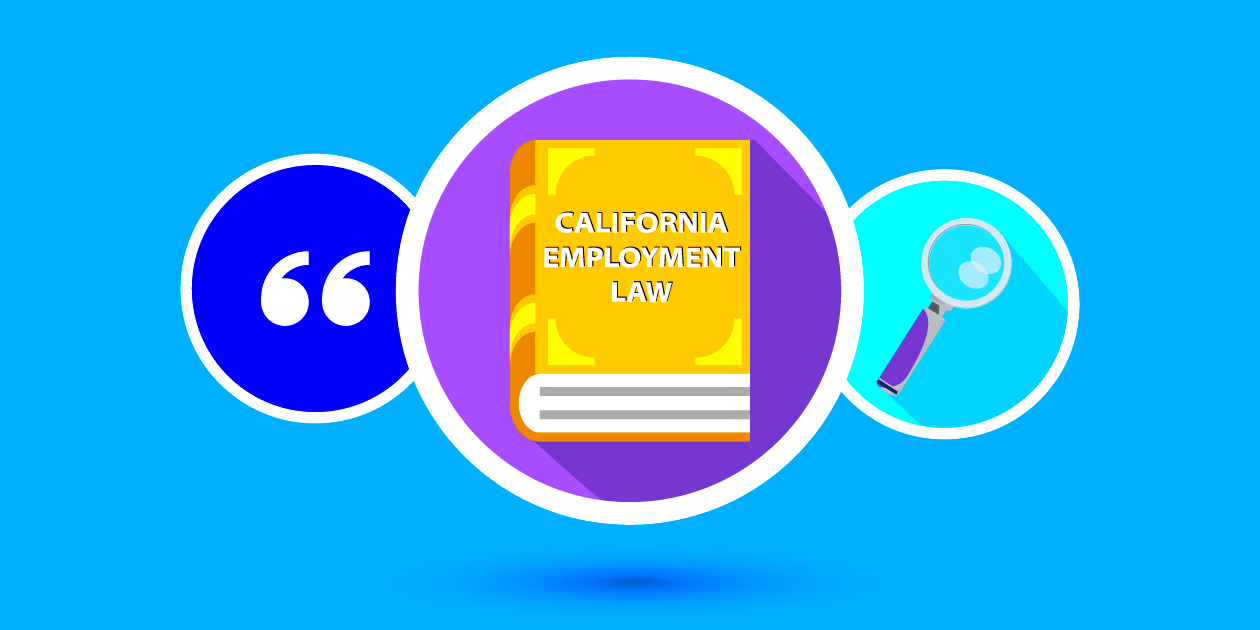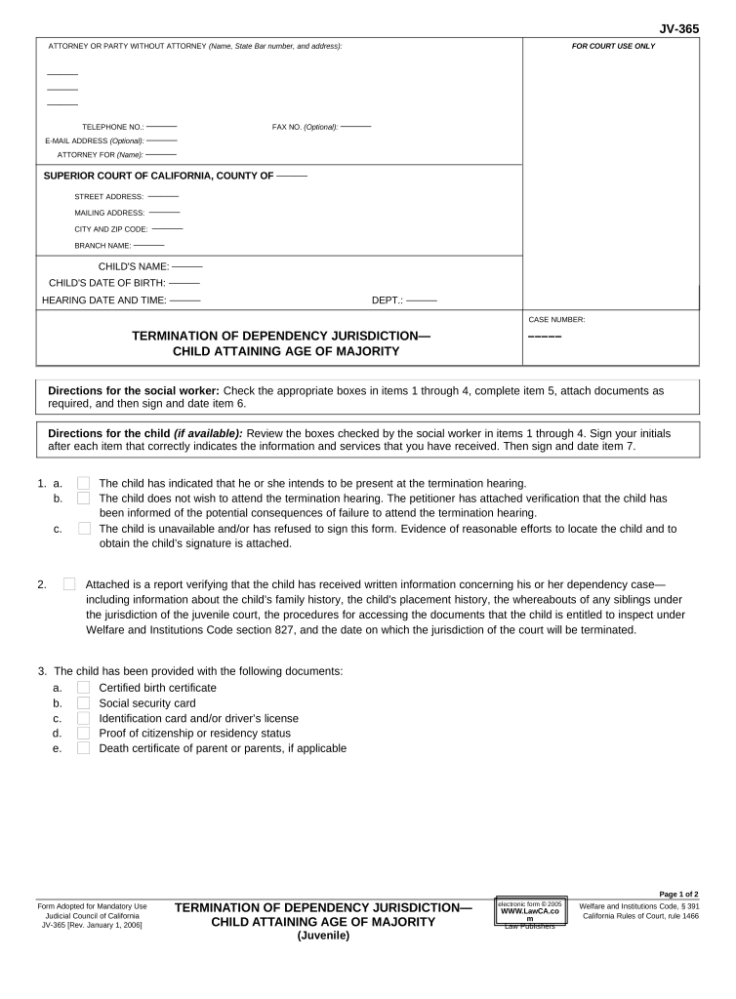Rights and Enforcement of Commission Pay Termination in California
In California, many workers’ remunerations have commission payment as their most significant component, especially those employed in sales. Commission signifies earning that originates from a person’s performance on sales instead of salary which is fixed. It is important for both employees and employers to understand how commission payments operate so that there are no unfair practices. This kind of payment is regulated by specific laws in California which safeguard rights of employees and state responsibilities of employers. We will be looking at some key features of commissions in California, their differences with other forms of compensation and importance of understanding its legal framework.
Legal Basis for Commission Pay Agreements

In California, commission pay agreements are generally put under both federal and state rules. The crucial statutes to know entail:
- California Labor Code: This code outlines the regulations that govern employment practices in the state, including commission pay.
- Written Agreements: Employers must provide employees with a clear, written agreement that outlines the commission structure. This agreement should specify how commissions are calculated, when they are paid, and any conditions that might affect the payout.
- Fair Labor Standards Act (FLSA): This federal law establishes minimum wage and overtime requirements that may also apply to commission-based employees.
Cognate to this, a clear commission agreement safeguards both participants in the transaction. In addition, it informs staff on what they should expect and protects the company from future conflicts.
Conditions for Termination of Commission Pay

In numerous circumstances, commission wages may be terminated. To avoid any type of misunderstanding, it is important for both employers and employees to understand these conditions. Here are a number typical reasons which could lead to termination:
- Employee Resignation or Termination: If an employee leaves the company, their commission pay typically stops.
- Changes in Employment Status: Transitioning from a commission-based role to a salaried position can affect commission eligibility.
- Performance Issues: Employers may have the right to terminate commission pay if the employee fails to meet performance targets as outlined in their agreement.
- Company Policy Changes: If a company decides to alter its commission structure, this may also lead to changes in pay.
You should advise your workers that what will happen to commission earnings and all arrangements should be put in writing.Truth is, such moves help to avoid argument and ensure everyone understands one another’s mind.
Employee Rights Regarding Commission Pay Termination

In California, when it is about the commission pay termination, employees have specific rights that protect them against unfair practices. Employees should understand those rights in order to ensure that they get what they deserve. Here are some important rights that every employee should know:
- Right to a Written Agreement: Employees have the right to receive a clear, written commission agreement from their employer. This document should detail how commissions are earned and when they are paid.
- Right to Earned Commissions: Employees are entitled to receive commissions for sales they have completed before their termination, regardless of when the payment is made.
- Right to Notice: If an employer plans to change commission structures or terminate commission pay, they must provide reasonable notice to employees.
- Right to Challenge Unpaid Commissions: Employees have the right to contest any unpaid commissions they believe they have earned. This can be done through internal dispute resolution processes or legal avenues.
A knowledge of these rights enables the employees to keep themselves from possible problems associated with termination of payment on commission. When their rights have been denied, they can approach a lawyer for advice or lodge a complaint with the relevant authorities.
Employer Responsibilities in Commission Pay Agreements
Commission payment arrangements hold several key responsibilities for employers. Understanding these responsibilities helps create a fair working environment and can help prevent future conflicts. Here is what employers must remember:
- Provide Written Agreements: Employers must offer a clear, written commission agreement to employees. This agreement should outline the commission structure, payment schedule, and conditions for earning commissions.
- Transparent Communication: Employers should communicate openly with employees about how commissions are calculated and any changes to the commission structure.
- Timely Payment: Employers are responsible for paying earned commissions in a timely manner. This means following the payment schedule laid out in the commission agreement.
- Compliance with Labor Laws: Employers must ensure that their commission pay practices comply with all applicable labor laws, including the California Labor Code and the Fair Labor Standards Act (FLSA).
With the help of fulfilling such responsibilities by employers they are in position to create an encouraging job setting based on trust and minimizing disputes regarding commissions payments.
Disputes Related to Commission Pay Termination
Many different factors lead to commission payment termination. This creates an environment full of employer-employee conflicts that are difficult to deal with. In this regard, navigating these disputes requires understanding from both parties involved in the matter. Some of the common causes of disputes include:
- Ambiguities in the Commission Agreement: If the commission structure is unclear or poorly defined, it can lead to misunderstandings about what commissions are owed.
- Disagreements on Earned Commissions: Employees may believe they are owed commissions for sales completed before termination, while employers may disagree.
- Unclear Termination Policies: If an employer changes the commission structure without adequate notice, it can result in disputes regarding what commissions are still applicable.
To straighten out these disagreements, here are a few actions to take into account:
- Review the Written Agreement: Both parties should start by reviewing the commission agreement to understand the terms clearly.
- Open Communication: Engage in a discussion to clarify any misunderstandings or miscommunications regarding commissions.
- Mediation or Arbitration: If disputes cannot be resolved internally, consider seeking the help of a mediator or arbitrator to facilitate discussions.
- Legal Action: As a last resort, employees may pursue legal action if they believe their rights have been violated.
Aiming for fairness in commission pay termination requires both employees and employers to comprehend the frequent quarrels and take an organized procedure to solving them.
Filing a Claim for Unpaid Commissions
In case you feel that there are some amounts that have remain unpaid in respect of your commission, it is vital to know the processes that will help you raise a claim. Initially, the process can appear tiresome and complicated but understanding basic things can reduce burden. Here’s what to do:
- Gather Documentation: Start by collecting all relevant documents, such as your commission agreement, pay stubs, and records of sales. This documentation will support your claim.
- Check the Agreement: Review your commission agreement carefully. Look for specific terms related to commission payments and any conditions that might apply.
- Communicate with Your Employer: Before filing a claim, try to resolve the issue directly with your employer. A conversation can sometimes lead to a quick resolution.
- File a Claim with the Labor Board: If discussions with your employer don’t work out, you can file a claim with the California Labor and Workforce Development Agency (LWDA). They handle complaints related to unpaid wages.
- Seek Legal Advice: If your claim is complicated or if you face retaliation, consider seeking help from an attorney who specializes in labor law. They can guide you through the process and help protect your rights.
Bear in mind that in regard with claims filing, there are time limits. Thus, act promptly. It is always good to act in time so as to be able to receive the compensation which one deserves.
Frequently Asked Questions
There are a lot of questions that employees have regarding their pay some of which include commission and rights when termination occurs. The following are frequently asked questions that could help in clearing your worries:
- What is a commission agreement? A commission agreement outlines the terms of how commissions are earned, calculated, and paid. It should be clear and specific.
- Can my employer change the commission structure? Yes, employers can change commission structures, but they must provide reasonable notice and ensure any changes comply with labor laws.
- What happens to my commissions if I am terminated? Generally, you are entitled to receive commissions for sales completed before your termination, according to the terms of your agreement.
- How long do I have to file a claim for unpaid commissions? In California, you typically have three years to file a claim for unpaid wages, including commissions.
- What should I do if I face retaliation for filing a claim? If you believe you are facing retaliation, document all incidents and consult with an attorney to discuss your options.
A general comprehension of commission pays and employee rights is given by these frequently asked questions. If one has more inquiries, consult a lawyer for individual advice.
Conclusion on Rights and Enforcement of Commission Pay Termination
Gaining insight into your entitlement to commission pay termination is very important for both workers and corporations. Employees should know their right to commission earning and receiving it whereas the employers must honor their obligation of providing unambiguous contracts and prompt remittances. Knowing these rights and duties helps avoid arguments between the two groups hence enhancing a better relationship at work.
When there are disagreements, these procedures of claiming unpaid commissions can be used by people working for a company to help them get back their money. Legal advice is important when someone is confused about what to do.
In the end, knowledge is power. Regardless of whether you work in the government or privately owned business, understanding commission payment rights and their application results in an equitable environment for the employees as well as employers leading to contentment in every sense for all parties concerned.


